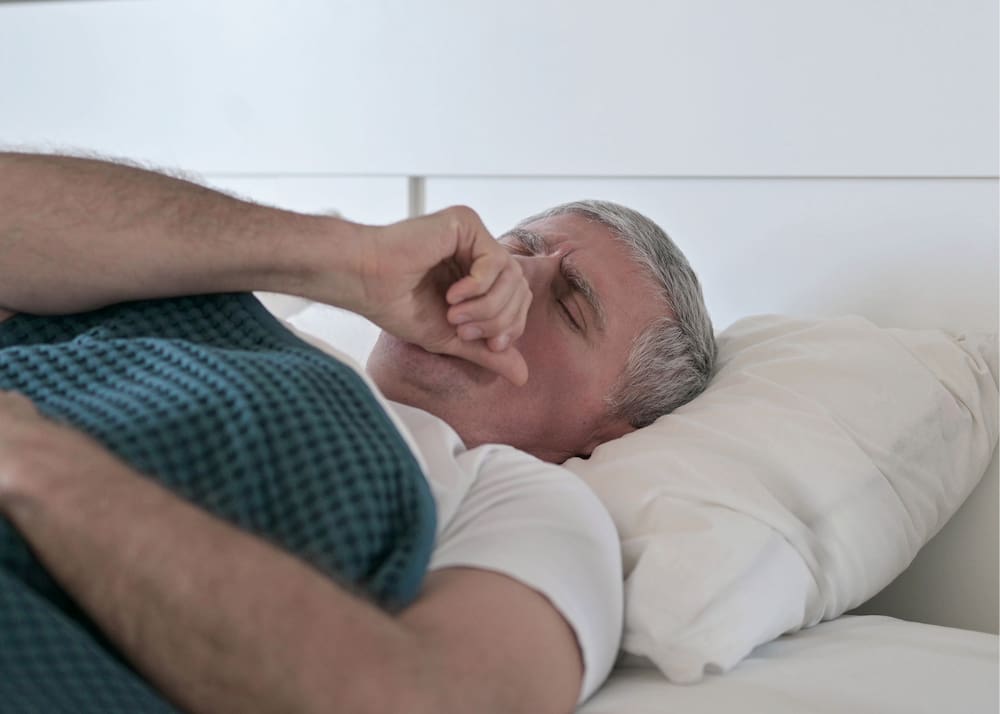Newsroom
What is Laryngeal Reflux
 The sensation of not being able to swallow, frequent throat clearing, and coughing that begins when you lay down are all symptoms of a common condition called laryngeal reflux, or LPR. LPR is similar to acid reflux in that the cause is due to stomach acid coming up into the esophagus. In cases of LPR, however, the acid makes its way up in the throat potentially damaging the vocal cords. Because the acid doesn’t spend a lot of time in the esophagus, many patients suffering from LPR never experience the typical symptoms associated with acid reflux such as a burning sensation in the chest, or heartburn.
The sensation of not being able to swallow, frequent throat clearing, and coughing that begins when you lay down are all symptoms of a common condition called laryngeal reflux, or LPR. LPR is similar to acid reflux in that the cause is due to stomach acid coming up into the esophagus. In cases of LPR, however, the acid makes its way up in the throat potentially damaging the vocal cords. Because the acid doesn’t spend a lot of time in the esophagus, many patients suffering from LPR never experience the typical symptoms associated with acid reflux such as a burning sensation in the chest, or heartburn.
Although LPR can effect anyone at any age, those who are overweight and diabetic are at high risk. Late night eaters and those on certain medications are also at risk because the stomach doesn’t have time, or is unable to empty itself.
LPR is diagnosed by an ear, nose and throat physician during an office examination. Dr. John Schweinfurth, laryngologist at UMMC Ear, Nose and Throat, frequently evaluates and treats patients suffering from LPR.

“During an office visit, we’re able to get a close-up look at your throat and vocal cords using direct flexible laryngoscopy”, explains Dr. Schweinfurth. “We numb your nasal passages using a spray similar to Afrin®, then we pass a thin tube with a camera through your nose. The tube is quite small, it is comparable to a spaghetti-noodle and the process takes about 20 painless seconds”.
The physician looks for redness and swelling in certain areas of the throat that are indicative of LPR.
There are several treatment options for LPR, the first being a change of lifestyle and eating habits.
“Eating a low-fat diet, limiting your intake of red meat, fried foods and dairy can make a huge difference in controlling laryngeal reflux”, Dr. Schweinfurth advises. “You may find additional relief using prescription medication and non-prescription liquid antacids”.
Surgery is available for patients whose LPR is severe, or for those who are unable to control LPR through diet changes and medication.
For more information or to schedule an appointment, contact UMMC Ear, Nose and Throat at (601) 984-5160.


